On March 4th 2023, after years of campaigning by various conservation groups including Greenpeace, representatives at the UN agreed to a new Global Ocean Treaty. This is a historic moment, as the treaty provides a framework to protect at least 30 percent of the world’s oceans by 2030. So, what is it, and what does it entail?
The Global Ocean Treaty has been formulated to address the global challenges of climate change, ocean acidification, overfishing and deep-sea mining. The treaty aims to protect fragile marine ecosystems through the creation of protected ocean sanctuaries—free from harmful human activities—across the globe. It carries the potential to reverse decades of ocean pollution and misuse of natural resources to re-establish healthy oceans. This is crucial, as healthy oceans can mitigate climate change by locking away vast amounts of carbon. Further, oceans are a source of food security and livelihoods for over 3 billion people—majorly from the global south. The treaty has the scope to bring these people and their needs sharply into focus by promoting sustainable practices.
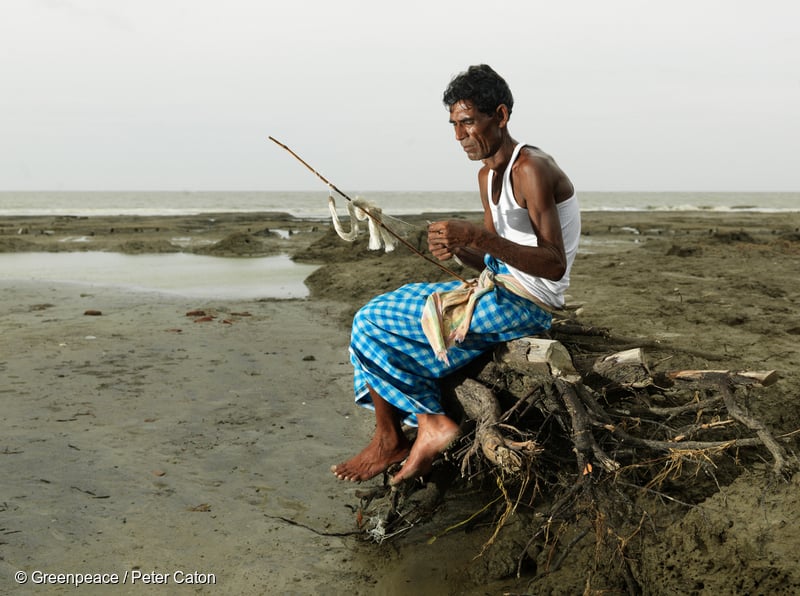
Why we needed this treaty
With over two-thirds of the world’s oceans lying outside national jurisdictions, the high seas are largely governed by fragmented or inconsistent laws. There has been a clear need for a unifying international agreement to conserve and protect this critical ecosystem.
We needed a mechanism that allows governments to work multilaterally to reduce emissions, protect marine habitats, and promote sustainable fisheries. The Global Oceans Treaty aims to do this by establishing a network of high seas ocean sanctuaries. However, as momentous as it is, the treaty is just the beginning, and a lot needs to be done to establish these ocean sanctuaries in the coming years.
What comes next
Bringing this treaty into effect will require ratification by 60 countries, and soon! Governmental negligence and delay will only serve the interests of destructive industries that harm our oceans, further marginalising coastal communities and worsening the climate crisis. The science is absolutely clear on this matter, and we only have seven years to reach the target of conserving at least 30 percent of the world’s oceans.
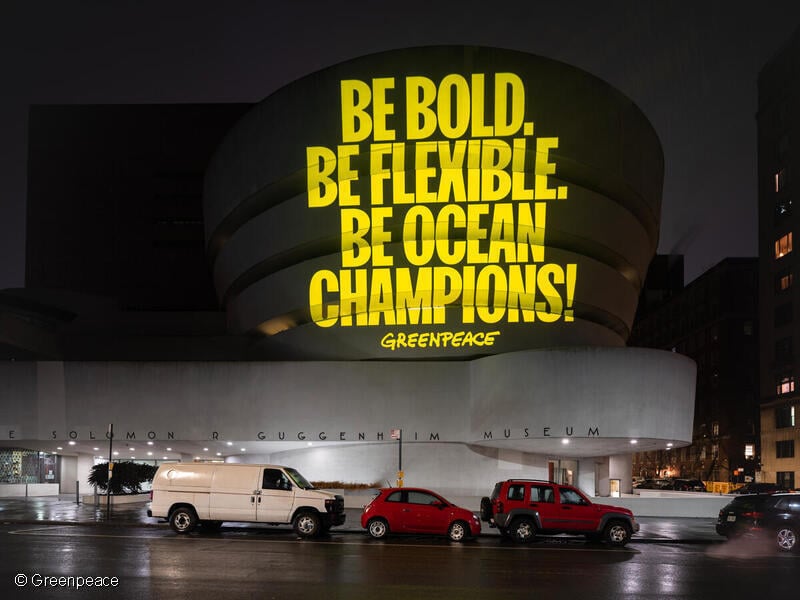
As a means of functioning, the treaty will establish a Conference of Parties to periodically consider and approve proposals—drawn up by nations—for protected ocean sanctuaries. While there are many issues to be ironed out and the text still carries some flaws, it is now time for the political class to step up and ensure that the treaty is put into practice effectively and equitably.
The Indian government, too, has a big role to play in this process. Greenpeace India recently wrote an open letter to the Ministry of Earth Sciences to lead diplomatic interventions, unlock talks, resolve issues and champion just and equitable ocean conservation efforts.
The Global Ocean Treaty has been a much welcome development in line with the landmark UN Biodiversity Agreement, where countries agreed upon a Global Biodiversity Framework aimed at protecting 30 percent of the Earth’s lands and oceans to address biodiversity loss, restore ecosystems and protect indigenous rights. Now, people in power must deliver on the treaty and protect our oceans for the benefit of all communities and the planet!

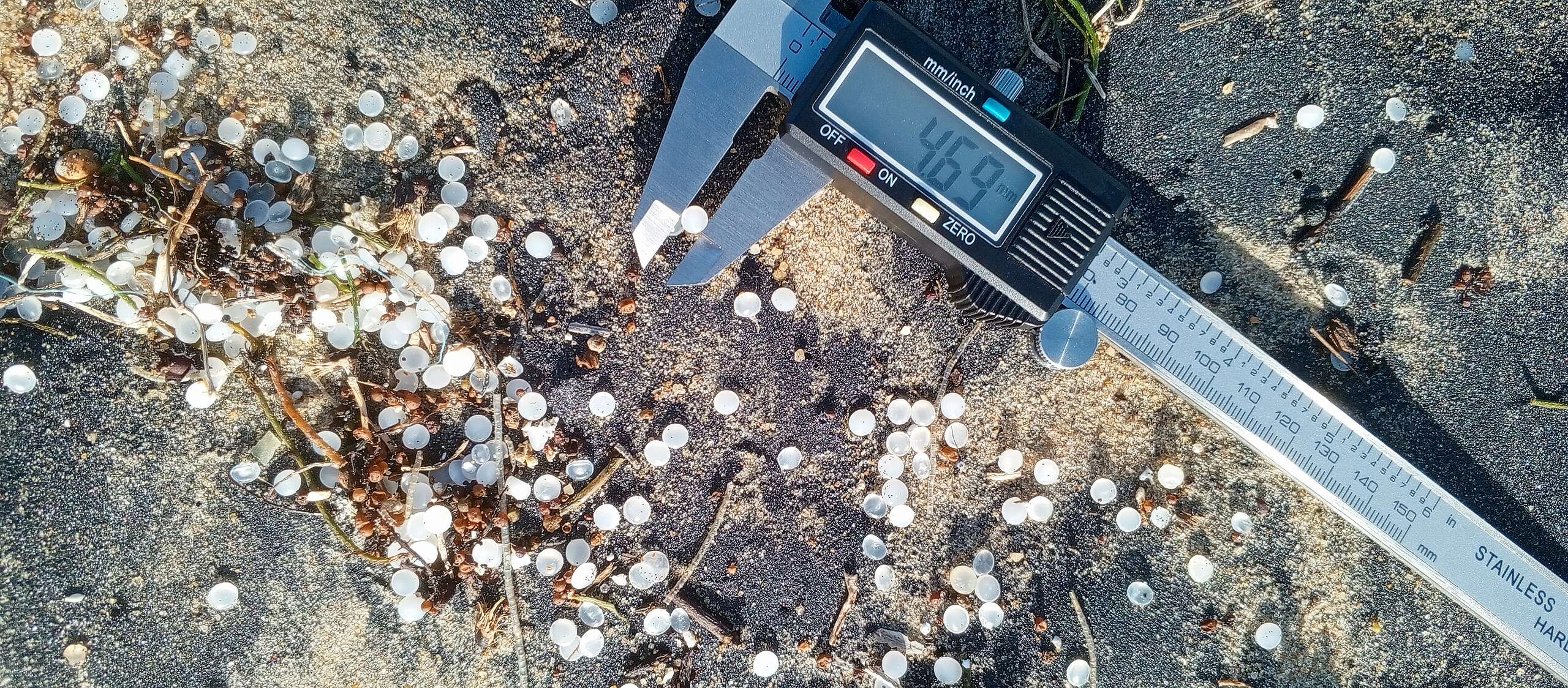
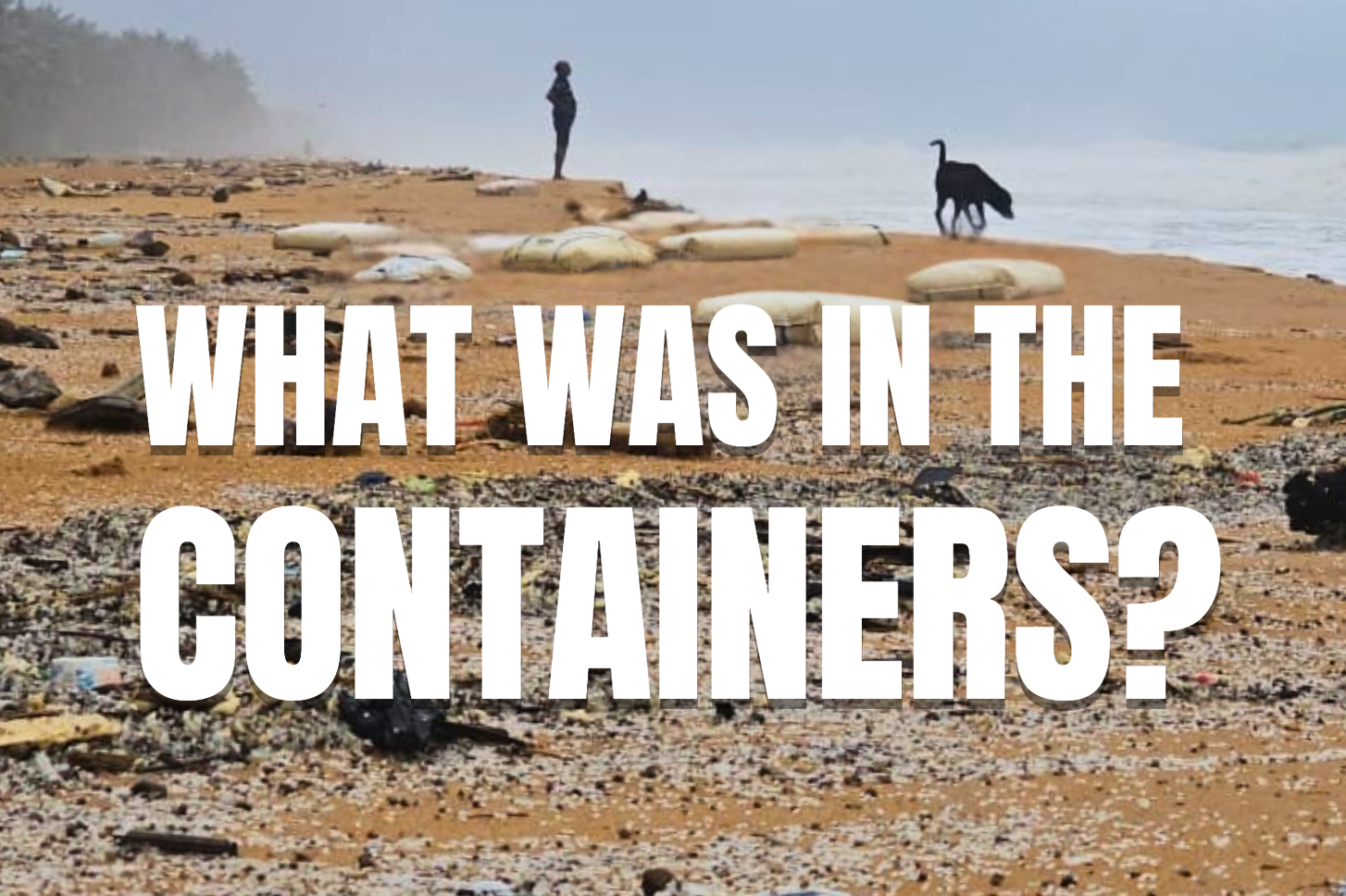
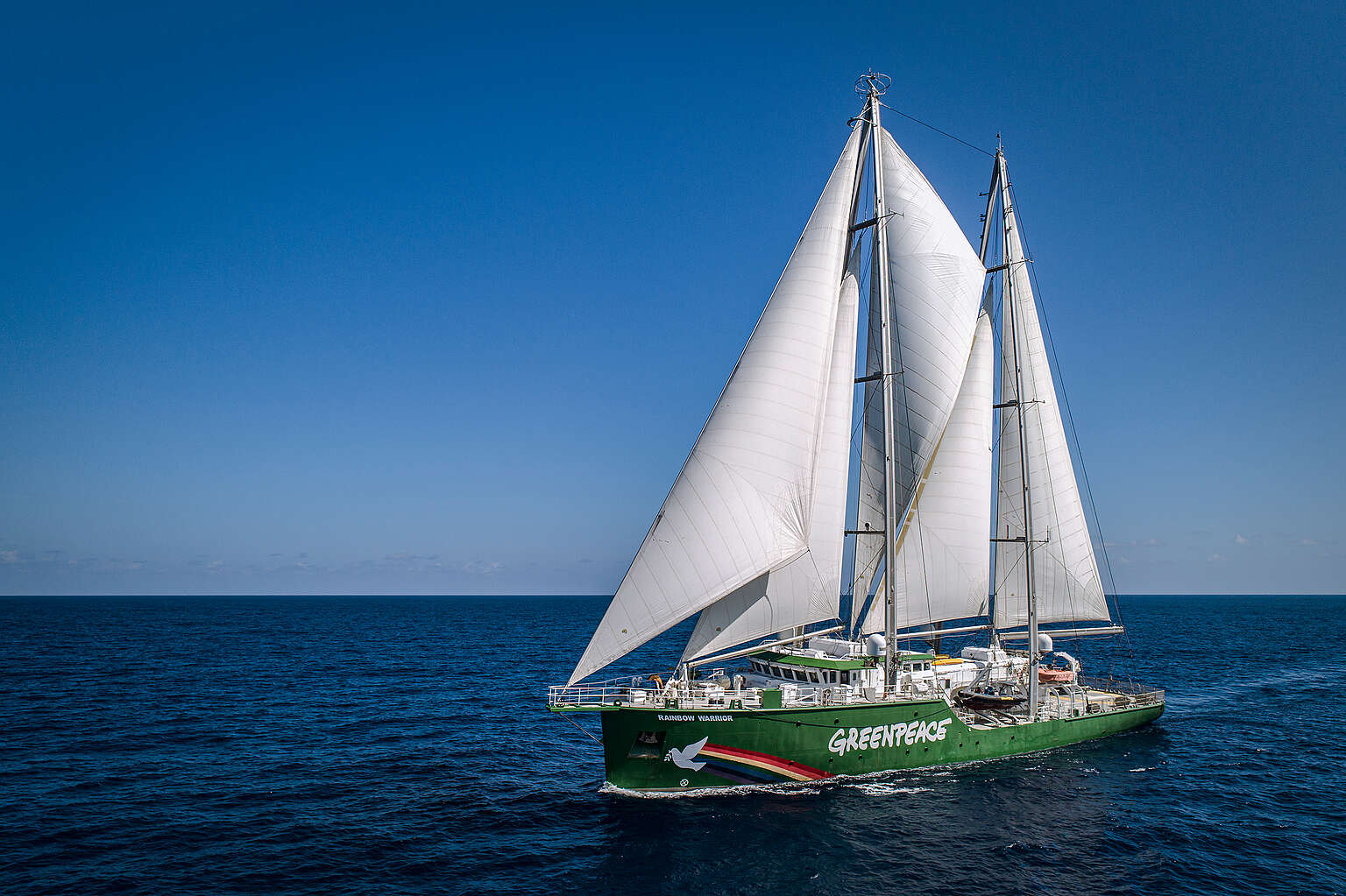
Discussion
Peace the Green of Planet Earth 🌏
I am currently on one month holiday in South Goa. I am appalled at the amount of plastic waste thrown into the sea. All shops provide thin plastic bags for goods sold and thousands of plastic water bottles are bought daily.Tourist walk past these bags and bottles never picking them up. I spend days walking the beach picking up plastic waste, there are local women who take the plastic bottles for recycling but the plastic bags are put into garbage bins in accomodation. It saddens me that people come here for it's natural beauty but never think what all the waste is doing to this area and it's ecosystem. Live n enjoy today seems to be their motto. I am 65 years old now and we are running out of time to save this world for the animals insects birds and humans. Even so called educated tourists do nothing to help reverse the damage tourism is causing to the areas they visit. It makes me angry and sad
Excellent work done for Greenpeace.
This gonna be disastrous in future if we don't take action from now onwards
thank u this was vwery nce
After reading main point and a summary of the specific part to which you are responding. I want to participate with you and do something for our country . I will be glad if you read this and give me a opportunity .
Your doing great job
I stand in the favour of greenpeace. I always stand to protect our oceans ,because if we not protect it then it harm the human being and aquatic life. Please i request to all to protect our oceans by deep mining. We shouldn't harm the aquatic life and damage the oceans.
We all are with you 🙂
Please save ocean and save marine life.
Ban deep sea mining before it starts and also protect whaling and krilling in southern ocean by Chinese , Japanese and Ukrainian ships and many more and join sea shepherd campaign to protect marine ecosystem.
Deep sea🌊 mining should be stop or not start because it will harm not only the earth and its ecosystem but also it will impact humankind. So not for our environment but at least think about our future generations and stop harming environment for our greed.
We stand to stop Deep sea mining